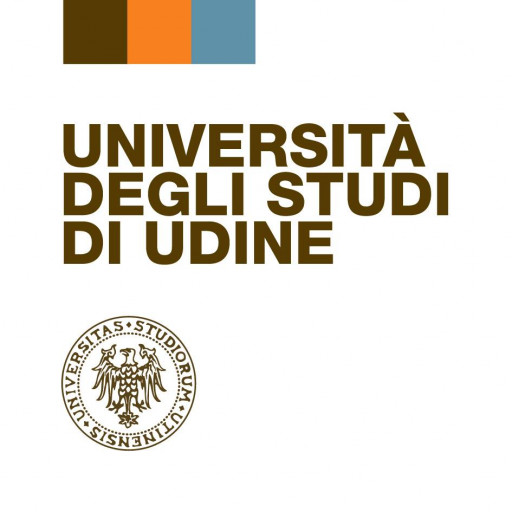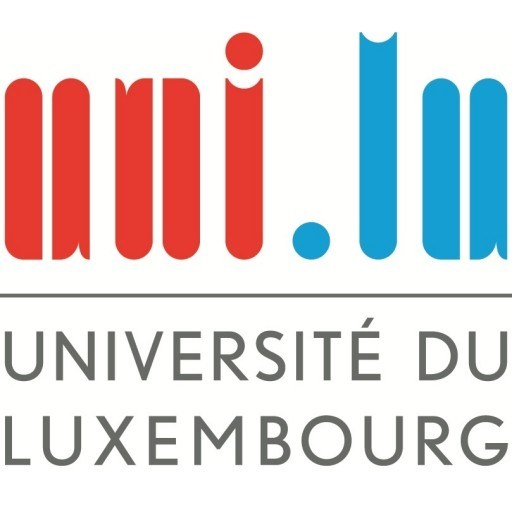Photos of university / #cambridgeuniversity
Veterinary Medicine at the University of Cambridge offers a comprehensive and rigorous undergraduate program designed to prepare students for a professional career in veterinary practice, research, and academia. The program combines scientific principles with practical skills, ensuring that graduates are well-equipped to address the diverse health and welfare needs of animals. The course curriculum covers essential topics such as animal biology, physiology, pathology, pharmacology, and clinical medicine, providing students with a solid foundation in veterinary sciences.
Throughout the program, students gain hands-on experience through extensive clinical training in state-of-the-art facilities and farms, allowing them to develop confidence and competence in diagnosing and treating a wide range of animal health issues. The curriculum emphasizes not only the biological aspects of veterinary medicine but also incorporates ethics, animal behavior, and welfare considerations, fostering a holistic understanding of veterinary practice. Students engage in research projects that contribute to advancements in veterinary science, encouraging critical thinking and innovation.
The program is designed to cultivate professional skills including communication, teamwork, and decision-making, preparing graduates to work effectively in multidisciplinary teams and diverse settings. The course duration typically spans five years, culminating in a Bachelor of Veterinary Medicine (BVetMed) degree. Admission to the program is highly competitive, requiring excellent academic achievements and a strong commitment to animal welfare.
Graduates of the Veterinary Medicine program at Cambridge are highly regarded in the veterinary community and have successful careers worldwide, working in clinical practice, research institutions, government agencies, and the animal welfare sector. The university’s distinguished faculty, cutting-edge research facilities, and collaborative environment make it an ideal place for aspiring veterinarians to undertake their training and develop into compassionate, skilled professionals dedicated to improving animal health and welfare globally.
| One to one supervision |
The number of hours of formal supervision will vary depending on the individual, supervisor and project. The University of Cambridge publishes an annual Code of Practice which sets out the University's expectations regarding supervision. |
|---|
Feedback
Formal online feedback through supervisor reports, plus informal feedback as required.
Assessment
Thesis
The examination of the VetMD consists of the submission of a thesis of the research work and an oral examination on the subject of the thesis and the general field of knowledge within which it falls. The thesis must be no longer than 60,000 words. These limits exclude figures, photographs, tables, appendices and bibliography.
The thesis cannot be submitted until four years have elapsed since the date of the candidate's admission to their approved veterinary degree.
- Magistr (Master's Degree) at Pass level. Diploma Specialista (completed post-1991) with a minimum overall grade of good or 4/5 Bachelor's from Moscow Institute of Physics and Technology and other prestigious institutions with an overall grade of 4/5 Bologna Bachelor's from other institutions with an overall grade of 5/5, Excellent
- Diploma Specialista (completed post-1991) with a minimum overall grade of Excellent or 5/5 Bachelor's from Moscow Institute of Physics and Technology and other prestigious institutions with an overall grade of 5/5
- IELTS (Academic) 7.0
- TOEFL Internet Score 100
- £50 application fee
- First Academic Reference
- Second Academic Reference
- Transcript
- CV/Resumé
- Personal Reference
Extra Materials
A summary of the proposed subject of study or research, including the following:
- a plan of the work to be undertaken and an account of the methods to be used
- the place and time where the work is to be carried out
- the method of financing the work
- name of suitably qualified University staff member who is proposed as supervisor
The University of Cambridge offers Veterinary Medicine programs that are primarily funded through a combination of government grants, tuition fees paid by students, and additional financial support options. Prospective students should be aware that undergraduate Veterinary Medicine programs, such as the one offered at the University of Cambridge, generally have higher tuition fees compared to other undergraduate courses due to the specialized nature of the training and the resources required. For domestic students, the tuition fees for UK residents are set according to the regulations established by the UK government and are revised annually. International students typically pay higher fees, reflecting the additional costs and the university's policies.
To assist students in financing their studies, the University of Cambridge provides a range of scholarships and bursaries. These financial awards are often merit-based or need-based and can significantly offset the cost of tuition and living expenses. Eligibility and application procedures vary depending on the specific scholarship or bursary but often require students to demonstrate outstanding academic achievement, financial need, or a commitment to a career in veterinary medicine or related fields.
A number of governmental and external organizations also offer funding options for students enrolled in veterinary medicine programs. For example, students may be eligible for student loans, which are available to UK residents through the Student Loans Company. International students, meanwhile, are encouraged to seek scholarships offered by their home governments or other external funding bodies.
In addition to tuition fees, students should consider the costs of living, including accommodation, food, transportation, and study materials. The university provides guidance and support to help students manage these expenses through various financial planning resources and advice services. Some programs may include placements or practical training, which could entail additional costs; however, these are usually incorporated into the overall program fee or are subsidized by the university.
Overall, financing a Veterinary Medicine degree at Cambridge involves a combination of personal funds, governmental support, scholarships, and loans. Prospective students are advised to research thoroughly the available funding sources well before the start of their studies and to apply early for scholarships or bursaries for which they are eligible. The university’s financial aid office provides extensive resources and support to help students plan their finances effectively and ensure access to quality veterinary education without undue financial hardship.
The undergraduate Veterinary Medicine program at the University of Cambridge is a highly esteemed course designed to prepare students for a professional career in veterinary practice, research, and related fields. The program typically spans five years, integrating rigorous academic coursework with practical clinical training. Students engage with a broad range of disciplines, including anatomy, physiology, microbiology, pathology, pharmacology, and clinical skills, to develop comprehensive veterinary expertise. The course emphasizes both theoretical understanding and practical application, often involving placements at affiliated veterinary hospitals and farms to ensure hands-on experience. The curriculum is structured to meet the requirements for registration with the Royal College of Veterinary Surgeons (RCVS), enabling graduates to become licensed veterinary surgeons. Admission to the program is highly competitive, requiring excellent academic records, relevant experience, and a demonstrated commitment to veterinary medicine. The program's reputation is built on its strong connections with leading veterinary institutions and industries, facilitating research opportunities and professional development. Students benefit from Cambridge’s world-class faculty, state-of-the-art laboratories, and extensive library resources. The program also fosters critical thinking, ethical reasoning, and communication skills essential for effective veterinary professionals. Graduates of the Cambridge Veterinary Medicine program are well-equipped to pursue careers in clinical practice, research, academia, or industry, making significant contributions to animal health, welfare, and public health worldwide. The university's vibrant academic community and comprehensive support network ensure a challenging yet rewarding educational experience, preparing students for the responsibilities and complexities of modern veterinary medicine.









